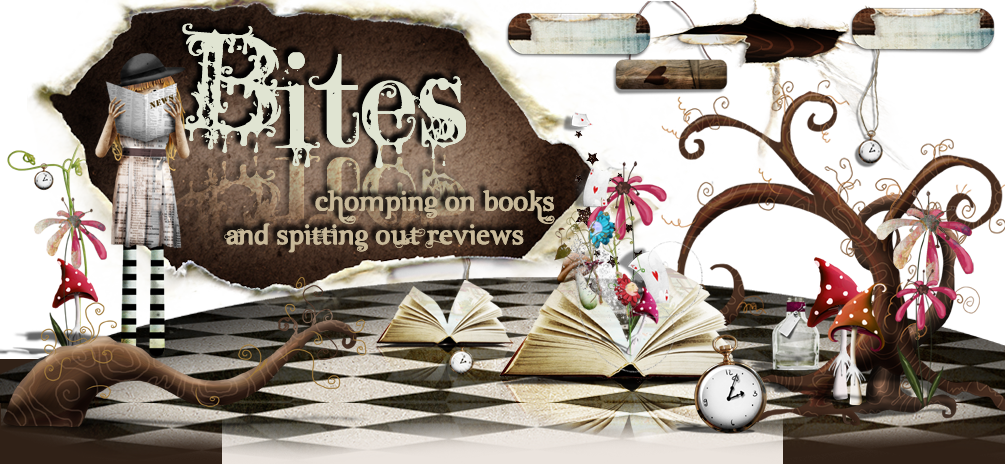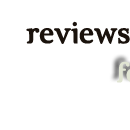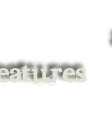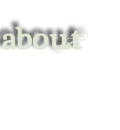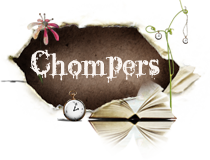Why would I want a clearly stupid thing to happen to one of my books? The truth is, I believe when a book gets banned it's proof that it did something right. That book reflected us back upon ourselves so precisely or poignantly or offensively that it caused some close-minded person somewhere to be so completely overwhelmed and afraid of the reality of human experience that they tried to keep it away from everyone else. For the common good, of course. I believe being banned means a writer did something spectacular.
As Oscar Wilde wrote in The Picture of Dorian Gray, “The books that the world calls immoral are the books that show the world its own shame."
Rabid anti-book-banner/hopeful-future-banned-author that I am, I can see where this is debatable where children are concerned. Though I don't have any kids of my own, I understand the desire to keep children sheltered and safe, even if it’s played out in seemingly irrational ways.
And I can, at least, speak to my own experience. My parents wouldn't have been able to keep me away from any book even if they tried (which they didn't). As a result, my reading habits were basically feral. And yes, this meant I read The Prince of Tides when I was 12 and certainly too young to process such a mature story (though it became and remains one of my favorite books). It also meant I spent a whole summer devouring the entire V.C. Andrews oeuvre, and another summer swapping romance novels with my stepsister, and another summer hiding under the covers with some very dark horror stories that still creep me out to this day.
And I can, at least, speak to my own experience. My parents wouldn't have been able to keep me away from any book even if they tried (which they didn't). As a result, my reading habits were basically feral. And yes, this meant I read The Prince of Tides when I was 12 and certainly too young to process such a mature story (though it became and remains one of my favorite books). It also meant I spent a whole summer devouring the entire V.C. Andrews oeuvre, and another summer swapping romance novels with my stepsister, and another summer hiding under the covers with some very dark horror stories that still creep me out to this day.
 I was (and still am) drawn to those sorts of books - the stories that highlight the best and worst of humanity, the more extreme the better. Back then, I was trying to grow up, trying to get a grasp on the world and my place in it. I had emotions and moods in excess, as most teenagers do. And what I needed were books that reflected what I was feeling - anger and elation and depression and first love, the heights of joy and the depths of isolation and everything in between. I needed to know that I wasn’t alone, and that's what books gave me.
I was (and still am) drawn to those sorts of books - the stories that highlight the best and worst of humanity, the more extreme the better. Back then, I was trying to grow up, trying to get a grasp on the world and my place in it. I had emotions and moods in excess, as most teenagers do. And what I needed were books that reflected what I was feeling - anger and elation and depression and first love, the heights of joy and the depths of isolation and everything in between. I needed to know that I wasn’t alone, and that's what books gave me. I feel like I’m still growing up, in fact, and I still sometimes need that sort of mirror to know that I’m not alone.
So that's why I react so badly when people try to tell teenagers, on the cusp of adulthood, what they can and can't read. Again, I suppose I can understand individual parents making entertainment decisions for their own children based on their family culture (though if those parents think they can protect their kids from every scary thing in the world, they're sadly mistaken), but I will never understand trying to take a book away from every teenager. I can't fathom the hubris of setting yourself up as a judge and jury for what is appropriate for everyone at any age.
Personally, I doubt anyone was made into a well-rounded and empathetic adult while covered in bubble-wrap and rainbows. I believe that being an adult, being a human, means recognizing the world is often a horribly dark and unfair place, filled with lots of people who think and do things differently than you. Trying to keep those facts out of the hands of teenagers, who need the truth in order to grow up, is one of the most counter-productive things I can imagine a society doing to its young people.
My next book, Faking Faith, is about a girl who becomes fascinated with a fundamentalist culture that has eliminated virtually all choices. After screwing up and going through some terrible experiences, Dylan wonders if this sheltered world where everyone follows a defined, protected and rigid path might have the answers. However, nothing is as it seems and Dylan is forced to confront some hard truths about life, and to grow up a lot as a result. If Faking Faith helps one reader feel less alone in the world, then I’ve done my job as a writer.
But if it gets banned somewhere, I’m throwing a party.
